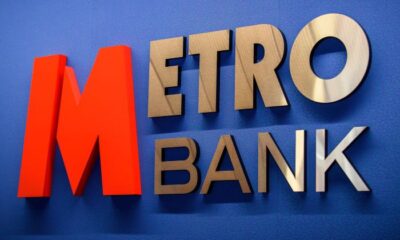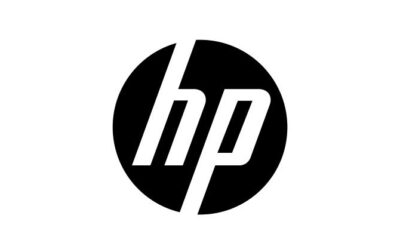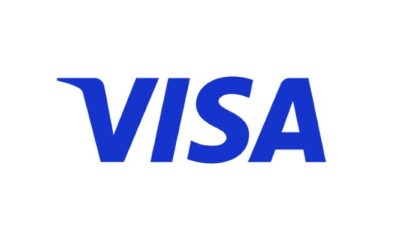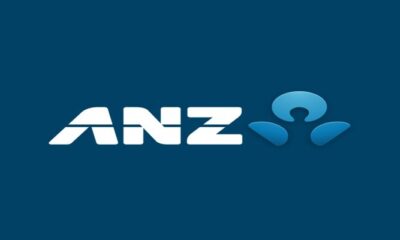Finance
Algerian Economy: Staying the Course for Transition
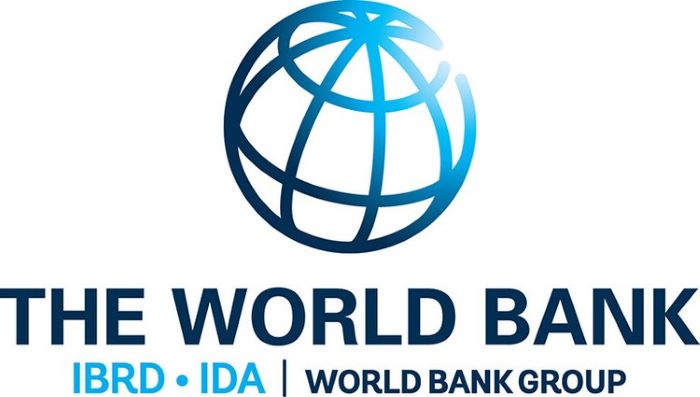
Algeria’s recovery continues, but non-hydrocarbon sector is key for sustainable growth, says World Bank report.
Algeria’s economy continued to recover in the first half of 2022, led by a return of oil production to pre-pandemic levels and a continued recovery of the service sector along with a more vigorous agricultural activity. The recovery should continue into 2023, supported by the nonhydrocarbon sector and public expenditure growth, according to the latest edition of the World Bank’s Algeria Economic Update.
The update is part of a series of twice-yearly reports analyzing Algeria’s economic development trends and outlook. The analysis in the latest edition is based on economic data from the first quarter of 2022 and proxy data, such as nighttime lighting and employment opportunities for the second quarter of the year.
External balances recovered and continued to grow on the back of higher global hydrocarbon prices. After growing by an estimated 59% over the first six months of 2022 and peaking in June, the average price of Algerian hydrocarbon exports lost around 26% in Q3-2022. External balances were also buoyed by a notable rise in non-hydrocarbon exports. Algeria’s terms of trade also improved as the dinar appreciated relative to the U.S. dollar and the Euro.
Yet Inflation remained high—9.4 percent year-on-year during the first nine months of 2022—notably led by the global rise in food prices (which increased by 13.6 percent in Algeria), poorer households being the most impacted. The authorities responded by intensifying measures to protect the purchasing power, primarily by increasing civil service salaries, introducing unemployment benefits for young first-time job seekers, and strengthening subsidies for basic foodstuffs.
The report cautions that this level of spending could lead to challenges over the medium term if world oil prices fall, thus reducing government revenues, and structural reforms as outlined in the Government Action Plan to promote private sector investment will be key to creating jobs.
“It is critical to stay the course,” said Kamel Braham, World Bank Resident Representative in Algeria. “The implementation of Government Action Plan measures to increase mobilization of tax revenues, more efficiently use public resources, and promote private sector investment is essential to navigating the global challenges safely and put Algeria on the path of a sustainable and inclusive growth.”
The World Bank’s Economic Update projects Algeria’s economy to grow by 2.3 percent in 2023. Yet the macroeconomic outlook remains vulnerable to fluctuations in global hydrocarbon prices. In the medium to long term, the report says, the non-hydrocarbon private sector must become the motor for Algerian growth and diversification of the economy.
Continued implementation of government structural reform programs, creating greater openness to the private sector, improving the economy’s competitiveness, and strengthening investment in human capital are all essential to the flourishing and resilience of the Algerian economy.
Source – World Bank
-

 Auto2 years ago
Auto2 years agoHonda Marine Debuts All-New BF350 Outboard Company’s First V8 Motor Available Commercially, Flagship Model Offers Premium Power and Unparalleled Performance for Extraordinary Boating Experiences
-

 Auto2 years ago
Auto2 years agoNew Features Further Increase Desirability Of Bentayga Range
-
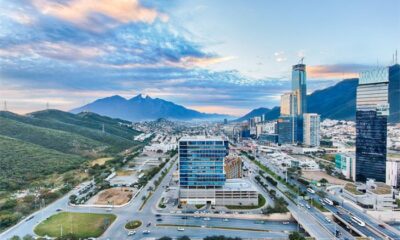
 Technology2 years ago
Technology2 years agoOracle Partners with TELMEX-Triara to Become the Only Hyperscaler with Two Cloud Regions in Mexico
-
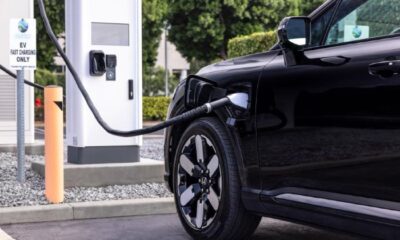
 Auto2 years ago
Auto2 years agoHonda and Acura Electric Vehicles Will Have Access to Largest EV Charging Networks in North America Aided by New Agreements with EVgo and Electrify America
-

 Lifestyle2 years ago
Lifestyle2 years ago2023 Nike World Basketball Festival Brings the Best of Basketball Style, Culture and Community





